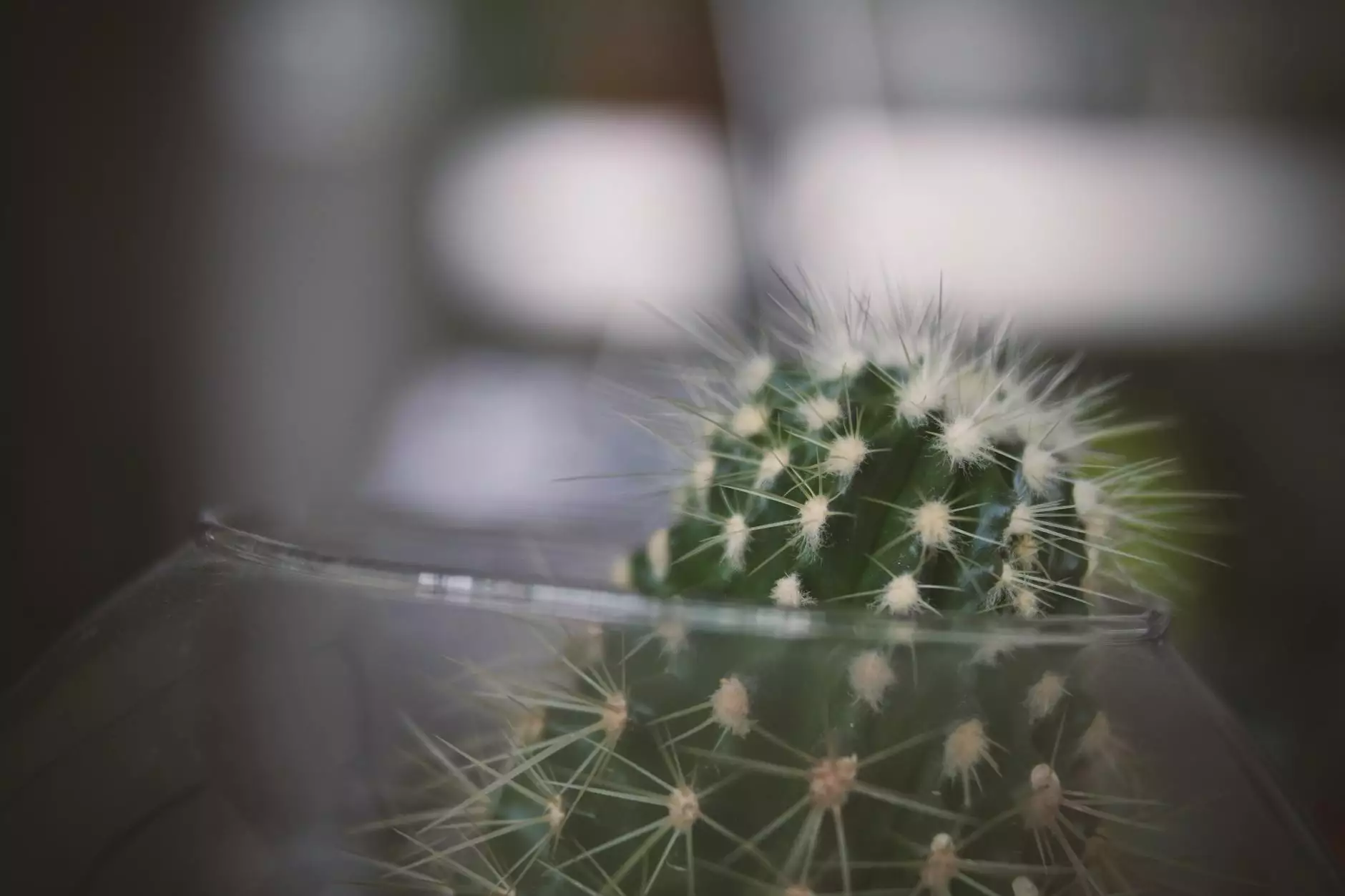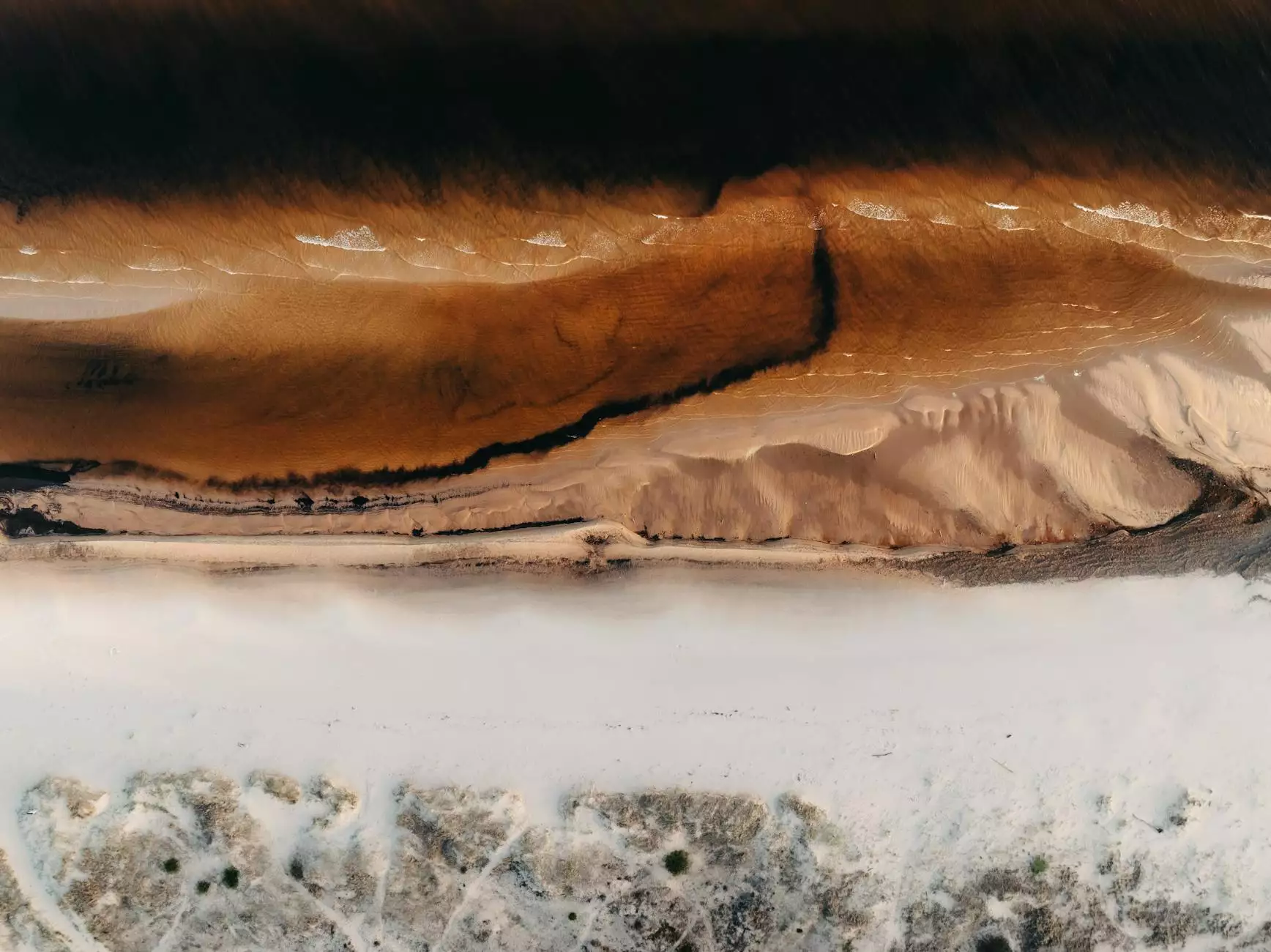Unlocking the Secrets of Lophophora Williamsii Seeds in Australia

Lophophora Williamsii, commonly known as Peyote, is a small, spineless cactus that has captivated the hearts of horticulturists and spiritual seekers alike. In this comprehensive guide, we will delve deep into the various aspects of Lophophora Williamsii seeds Australia, exploring their cultivation, the legal landscape, and the unique cultural significance they hold. Whether you're a seasoned gardener or a spiritual enthusiast, this article provides invaluable insights into the realm of this extraordinary cactus.
An Introduction to Lophophora Williamsii
Lophophora Williamsii is native to the arid regions of Mexico and the southwestern United States, but it has found a welcoming home in Australia as well. Known for its psychoactive properties due to the alkaloids it contains, specifically mescaline, Peyote has been used in native rituals for thousands of years. Apart from its spiritual significance, the cactus is a fascinating plant to grow.
Where to Find Lophophora Williamsii Seeds in Australia
If you're looking to cultivate your own Peyote plant, sourcing legitimate Lophophora Williamsii seeds in Australia is crucial. Several reputable suppliers specialize in exotic plants, including:
- Cactus Mystics - An esteemed online store, Cactus Mystics offers quality Peyote seeds along with expert guidance on cultivation.
- Local nurseries - Check with local plant nurseries in Australia that specialize in cacti and succulents.
- Online marketplaces - Platforms like eBay and Etsy might have sellers focusing on rare seeds, but ensure they have a good rating.
The Legal Status of Lophophora Williamsii in Australia
Before you embark on your journey to growing Lophophora Williamsii, it's essential to understand the legal implications. While the seeds themselves are not illegal to possess in Australia, growing the plant can lead to legal challenges due to its psychoactive properties. It's crucial to stay informed about your local laws and regulations regarding the cultivation of this unique cactus.
Steps to Grow Lophophora Williamsii from Seeds
1. Preparing for Planting
To successfully germinate your Lophophora Williamsii seeds, you will need the right supplies:
- Well-draining soil - A cactus mix or a combination of potting soil, sand, and perlite.
- Containers - Small pots or seed trays with drainage holes.
- Light source - A bright, indirect light setup or grow lights for indoor cultivation.
2. Sowing the Seeds
Here’s a detailed process to sow your Lophophora Williamsii seeds:
- Fill the container with the prepared soil mix.
- Moisten the soil slightly, ensuring it is damp but not soaked.
- Scatter the seeds evenly across the surface.
- Lightly press the seeds into the soil; do not cover them as they need light to germinate.
- Cover the container with a clear plastic lid or wrap to retain humidity.
3. Providing Ideal Growing Conditions
Maintaining the right environment is key to successful germination:
- Temperature: Keep the temperature between 20-30 degrees Celsius.
- Light: Provide bright, indirect light. Too much direct sunlight can scorch the seeds.
- Humidity: Open the cover occasionally to prevent mold and allow for air circulation.
Understanding This Unique Cactus's Needs
Watering and Fertilizing
Once the seeds germinate, which can take anywhere from 2 to 8 weeks, it’s essential to adjust your care schedule:
- Watering: Allow the soil to dry out completely between waterings. Overwatering is one of the most common issues.
- Fertilizers: Using a diluted cactus fertilizer during the growing season can promote healthy growth.
Transplanting Your Seedlings
After a few months, once your seedlings have developed a few sets of spines, it’s time to transplant them:
- Prepare a pot with larger drainage holes and fresh cactus soil.
- Carefully remove the seedlings from their initial container.
- Place them in the new pot, ensuring they are spaced adequately for growth.
- Water lightly and provide indirect sunlight.
The Cultural Significance of Lophophora Williamsii
Lophophora Williamsii holds profound importance in various cultural and spiritual traditions. Indigenous groups such as the Huichol and Apache have long revered this cactus for its visionary properties and use in sacred rituals. Understanding this plant's role in cultural contexts adds depth to your appreciation and encourages ethical practices.
Spiritual Practices
Often consumed during spiritual ceremonies, Peyote can induce intense mystical experiences. If you're seeking to understand or participate in these traditions, it’s essential to approach with respect and knowledge. Integration of these experiences into personal or spiritual practice should be done with caution and an open heart.
Enhancing Your Garden with Lophophora Williamsii
Integrating Lophophora Williamsii into your garden can not only beautify your space but also provide unique plant nutrients that are beneficial for surrounding flora:
- Drought Resistance: This cactus requires minimal water, making it an ideal choice for xeriscaping.
- Unique Aesthetic: Its distinct appearance adds variety to traditional landscaping.
- Wildlife Attraction: Lophophora has potential to attract certain species of birds and insects.
Conclusion: Your Journey with Lophophora Williamsii
Embarking on the journey of growing and understanding Lophophora Williamsii seeds in Australia is a rewarding experience that ties you to the natural world and its rich cultural narratives. Remember to approach your cultivation with care, respect local laws, and immerse yourself in the unique tradition surrounding this magnificent cactus.
By choosing to grow Lophophora Williamsii, you're not only expanding your gardening repertoire but also engaging with a plant steeped in history and significance. Explore, nurture, and appreciate every aspect of this remarkable cactus, and you will find that the rewards are indeed plentiful.
For more insights on gardening with cacti and other unique herbs, visit Cactus Mystics.









